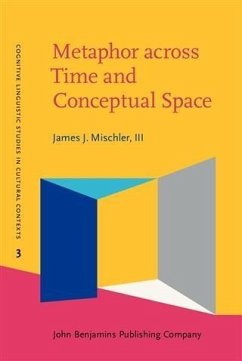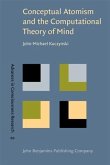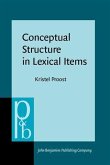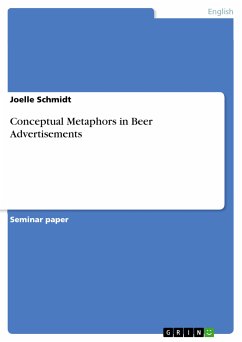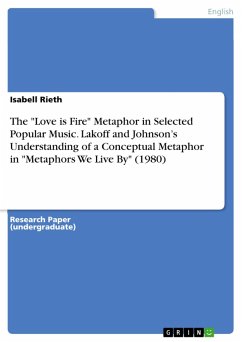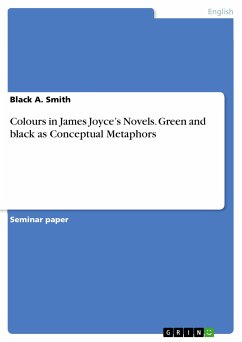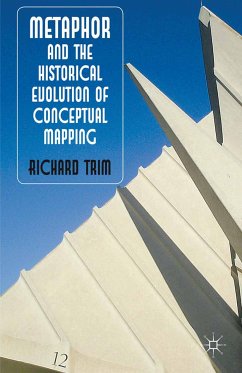Contemporary linguistic forms are partially the product of their historical antecedents, and the same is true for cognitive conceptualization. The book presents the results of several diachronic corpus studies of conceptual metaphor in a longitudinal and empirical "e;mixed methods"e; design, employing both quantitative and qualitative analysis measures; the study design was informed by usage-based theory. The goal was to investigate the interaction over time between conceptualization and cultural models in historical English-speaking society. The main study of two linguistic metaphors of anger spans five centuries (A.D. 1500 to 1990). The results show that conceptualization and cultural models-understood as non-autonomous, encyclopedic knowledge-work together to determine both the meaning and use of a linguistic metaphor. In addition, historically a wide variety of emotion concepts formed a complex cognitive array called the Domain Matrix of emotion. The implications for conceptual metaphor theory, research methodology, and future study are discussed in detail.
Dieser Download kann aus rechtlichen Gründen nur mit Rechnungsadresse in A, B, BG, CY, CZ, D, DK, EW, E, FIN, F, GR, HR, H, IRL, I, LT, L, LR, M, NL, PL, P, R, S, SLO, SK ausgeliefert werden.

